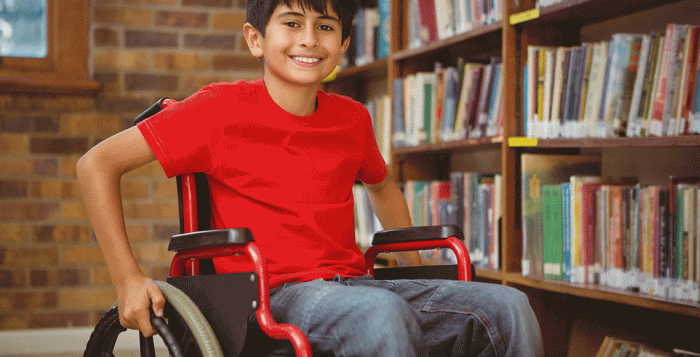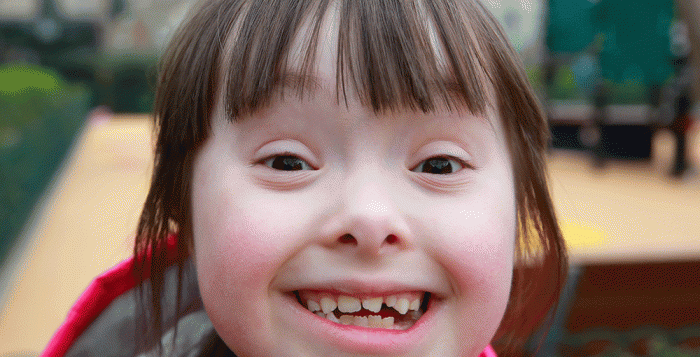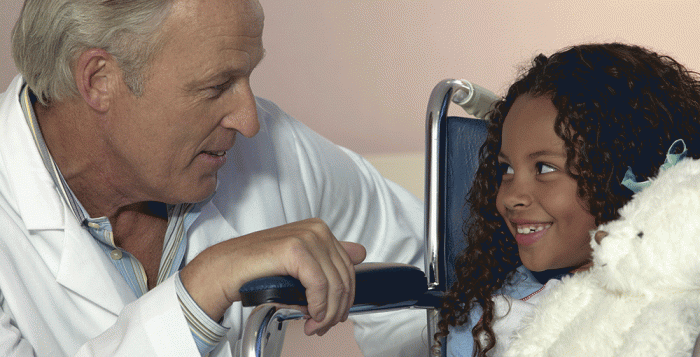School Based Services Work Group
Tuesday, September 29, 2015
2:00 – 3:30 pm (in person and via webcast)
PaTTAN Pittsburgh: 3190 William Pitt Way, Pittsburgh
RCPA members providing school based behavioral health and rehabilitation services are encouraged to register and participate in this meeting along with their school partners in the community.
- Welcome and Introductions
- Open Forum: Challenges and Potential Solutions in School Based Behavioral Health
- Family Engagement
- Challenges for APS and Alt Ed Services
- Implementing and Sustaining Collaborative SBBH Services
- Funding, Grants, Contracts, Partner Agreements
- Certification and Background Checks
- Open Forum: Challenges and Potential Solutions in Pediatric Rehabilitation Health Care
- Contracts, Partner Agreements for OT, PT, S<
- Coordination of Autism/Neurobehavioral Services
- Certification and Background Checks
- Professional Staff Recruitment and Retention Challenges
- Licensed Clinical and Rehab Staff
- Report from the State SBBH Community of Practice
See full agenda here
RCPA thanks the leadership and staff of PaTTAN Pittsburgh for their hospitality.
Meeting will be available via webcast; webcast instructions sent 24-48 hours prior to meeting
Next meeting: January, 2016, date and location to be determined

















